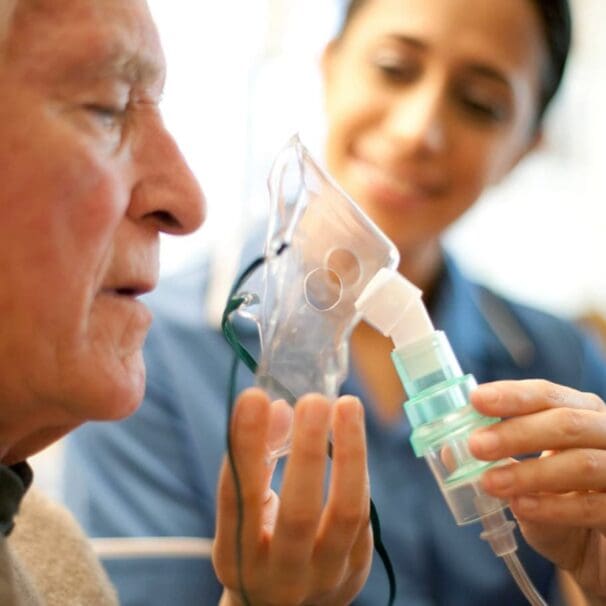HealthProviders DB is a comprehensive database of healthcare providers, including a complete directory of all Geriatric Care Certified Respiratory Therapists.
Certified Respiratory Therapist Healthcare Taxonomy Code 2278G0305X
As of today, the following are the total number of Geriatric Care Certified Respiratory Therapists nationally, in your State, and near your location.
Select a State below to view the list by State. Additionally, you can narrow the list by city, among other options, from the Filter Panel, which you can open by clicking the vertical ellipses ⋮ in the upper right corner of the app.
Alaska – Alabama – Armed Forces Pacific – Arkansas – American Samoa – Arizona – California – Colorado – Connecticut – District of Columbia – Delaware – Florida – Federated States of Micronesia – Georgia – Guam – Hawaii – Iowa – Idaho – Illinois – Indiana – Kansas – Kentucky – Louisiana – Massachusetts – Maryland – Maine – Marshall Islands – Michigan – Minnesota – Missouri – Northern Mariana Islands – Mississippi – Montana – North Carolina – North Dakota – Nebraska – New Hampshire – New Jersey – New Mexico – Nevada – New York – Ohio – Oklahoma – Oregon – Pennsylvania – Puerto Rico – Palau – Rhode Island – South Carolina – South Dakota – Tennessee – Texas – Utah – Virginia – Virgin Islands – Vermont – Washington – Wisconsin – West Virginia – Wyoming
Medicare
The following are the total number of Geriatric Care Certified Respiratory Therapists who accept Medicare in your State, the number who have opted out of Medicare, and the total number excluded from participation in Medicare nationwide.
The diagram below shows all the Geriatric Care Certified Respiratory Therapists across the country, represented by blue bubbles. The larger the bubble, the greater the concentration of providers in that area. Red bubbles represent Medicare-excluded providers, with the larger bubbles indicating a higher percentage of excluded providers in that region. You can change the bubble size to be based on exclusions from the Size menu.
What do Geriatric Care Certified Respiratory Therapists do?
Geriatric care certified respiratory therapists (CRTs) evaluate, diagnose, and treat respiratory and cardiopulmonary disorders in older adults.
They manage conditions like COPD, asthma, and pneumonia by administering medications, performing diagnostic tests, and educating patients and families on managing their conditions and using equipment.
They also collaborate with doctors and nurses on treatment plans and provide care in various settings, including hospitals, outpatient facilities, and homes.
What they do
Patient assessment: They perform physical exams, take medical histories, and conduct diagnostic tests, such as pulmonary function tests and blood gas analysis, to assess a patient’s lung function and oxygen levels.
Treatment administration: This includes administering oxygen, aerosol medications, performing chest physiotherapy, and managing ventilators and other life-support equipment.
Collaboration: They work closely with physicians, nurses, and other healthcare professionals to develop, implement, and adjust patient treatment plans.
Patient and family education: They teach patients and their families how to use prescribed equipment, such as inhalers and oxygen tanks, and provide education on disease management techniques and lifestyle changes to improve health.
Emergency response: They respond to emergencies, such as cardiac arrests, to provide immediate respiratory support.
Documentation: They maintain detailed patient records and charts to document care and progress.
Discharge and home care planning: They help with discharge planning and recommend equipment and therapy for home health settings.
Common conditions in geriatric patients
Chronic Obstructive Pulmonary Disease (COPD), Asthma, Pneumonia and respiratory infections, Pulmonary fibrosis, and Sleep apnea.

